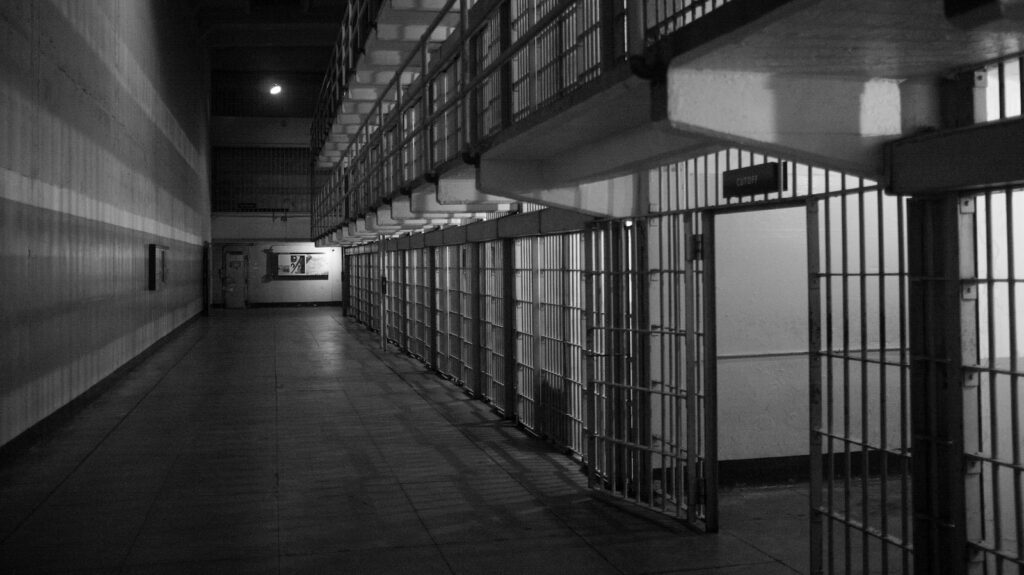By Martha Simmons
Correspondent, The Alabama Baptist
Alabama’s state prison system – considered the nation’s deadliest – is “broken” and conditions so inhumane they violate the Constitution’s ban on cruel and unusual punishment, the U.S. Department of Justice (DOJ) asserted in an April 2 letter sent to Gov. Kay Ivey.
Following a two-and-a-half-year investigation by the Civil Rights Division and Alabama U.S. Attorneys’ Offices, DOJ delivered a scathing 62-page report, giving the state 49 days to correct the overcrowding, under-staffing and other unsafe conditions contributing to the high rates of prisoner-on-prisoner violence and sexual abuse at the state prisons for men.
Failure to make adequate and timely progress could result in a federal lawsuit, a circumstance with which Alabama prisons are far too familiar. Chronically overcrowded and understaffed, Alabama state prisons currently house about 16,000 male prisoners in varying custody levels and are frequently the subject of federal lawsuits and court orders.
“The Department of Justice’s Civil Rights Division and the U.S. Attorney’s Offices for the Northern, Middle, and Southern Districts of Alabama today concluded that there is reasonable cause to believe that the conditions in Alabama’s prisons for men violate the Eighth Amendment of the U.S. Constitution,” the DOJ stated in a news release. “The Department concluded that there is reasonable cause to believe that the men’s prisons fail to protect prisoners from prisoner-on-prisoner violence and prisoner-on-prisoner sexual abuse, and fail to provide prisoners with safe conditions.”
U.S. Attorney Richard Moore accused Alabama officials of “flagrant disregard” for the Eighth Amendment of the Constitution.
“The failure to respect the rule of law by providing humane treatment for inmates in Alabama prisons is a poor reflection on those of us who live and work in Alabama,” Moore said. “We are better than this. We do not need to tarry very long assessing blame, but rather commit to righting this wrong and spare our State further embarrassment.”
Ivey and the Alabama Department of Corrections (ADOC) responded in a news release April 3, noting that DOJ did recognize in its report that Alabama “has begun to make some positive changes,” such as plans to build new prisons with enhanced security, better medical and mental health services and safer environments for inmates and staff.
ADOC Commissioner Jeff Dunn said the objective of the prison system is to provide “a humane, secure, and safe environment for inmates, and that reforms already in place and proposed bring about positive, tangible changes throughout the prison system.”
What remains to be seen is whether, and how quickly, these changes will improve and even save the lives of the extraordinarily high number of inmates in Alabama prisons who die behind bars as a result of murder, violence or suicide.
EDITOR’S NOTE—To read more about conditions in Alabama prisons, prison reform, and ministries and organizations that work to help prisoners and former prisoners re-enter society, go to www.TABonline.org/prisons. Coming in the April 18, 2019, issue of The Alabama Baptist: A week in the life of an Alabama prison.






Share with others: